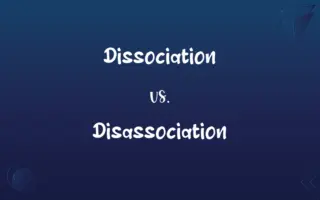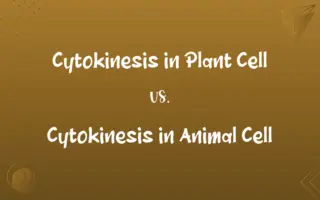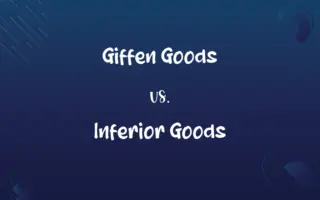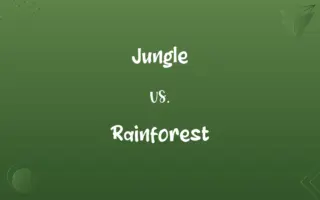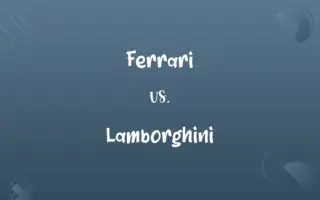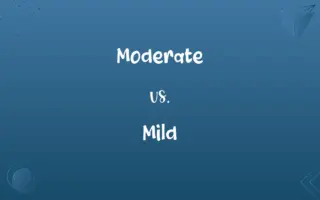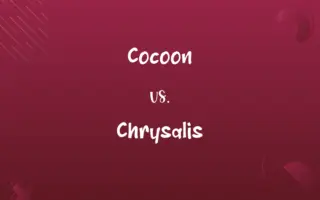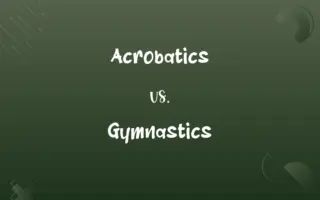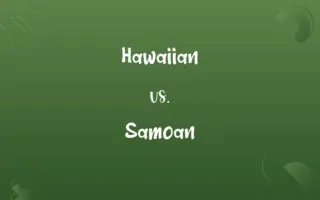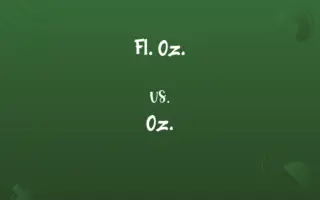Maceration vs. Percolation: Know the Difference

By Hifza Nasir & Dua Fatima || Published on August 24, 2024
Maceration involves soaking a substance to soften and break it down, while percolation entails passing a fluid through a permeable substance to extract soluble components.
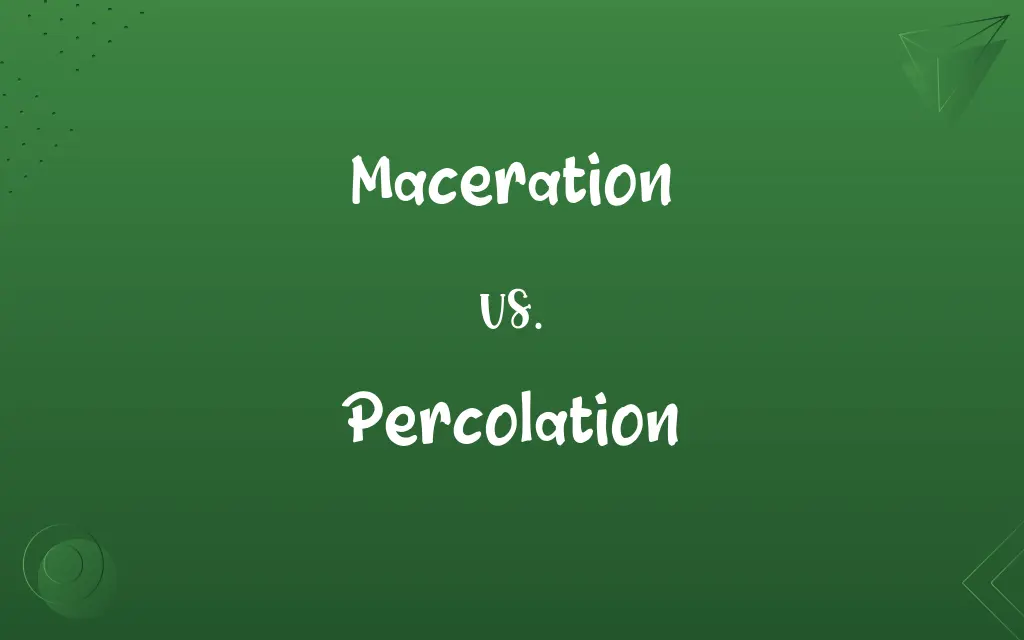
Key Differences
Maceration is a process used in various fields, such as herbal medicine and cooking, where solid materials are soaked in a liquid to soften them and break down their cellular structures, releasing soluble constituents into the liquid. This technique is often used at room temperature and can take several hours to weeks, depending on the material and desired result. On the other hand, percolation involves the movement of a liquid through a filter or permeable substance to extract soluble components. Common in coffee making and in the pharmaceutical industry, percolation is a quicker method than maceration and is used to separate desired compounds from a solid matrix efficiently.
Dua Fatima
Aug 24, 2024
While maceration usually requires no special equipment other than a container for soaking, percolation necessitates a percolator or similar apparatus that allows for the controlled flow of solvent through the material. This difference in equipment makes percolation more suited for industrial applications or instances where precise control over the extraction process is necessary. Maceration, being simpler, is easily accessible for home use or in traditional practices.
Hifza Nasir
Aug 24, 2024
The choice between maceration and percolation often depends on the solubility of the target compounds and the desired end product. Maceration is preferred when the aim is to extract a wide range of soluble materials without the need for selective extraction or when gentle processing is required to preserve delicate compounds. In contrast, percolation is chosen for its efficiency and selectivity, particularly when only specific compounds are desired or when a quicker process is beneficial.
Hifza Nasir
Aug 24, 2024
Temperature plays a different role in each method. Maceration is typically done at room temperature, which helps in preserving heat-sensitive compounds during the extraction process. Conversely, percolation can be conducted at various temperatures, including hot or boiling, which can speed up the extraction process but may degrade heat-sensitive substances.
Hifza Nasir
Aug 24, 2024
The resulting extracts from both processes can differ in concentration and purity. Maceration extracts are often less concentrated and may contain a broader range of compounds, including those that are not specifically targeted. Percolation extracts, due to the method's efficiency and selectivity, tend to be more concentrated and can offer higher purity of the desired compounds.
Dua Fatima
Aug 24, 2024
ADVERTISEMENT
Comparison Chart
Process
Soaking a substance to soften and extract soluble components
Passing a fluid through a substance to extract soluble components
Dua Fatima
Aug 24, 2024
Extract Quality
Less concentrated, broader range of compounds
More concentrated, higher purity
Hifza Nasir
Aug 24, 2024
ADVERTISEMENT
Maceration and Percolation Definitions
Maceration
Causes softening and breakdown of cellular structures, aiding in the release of flavors or active compounds.
Maceration of cucumbers in vinegar softens them and enhances their taste.
Hifza Nasir
Mar 05, 2024
Percolation
Filtering contaminants from water by passing it through permeable materials.
Percolation through sand and gravel layers purifies water in natural filtration systems.
Shumaila Saeed
Mar 05, 2024
Maceration
Produces a mixture where the soluble components of the material have been extracted into the liquid.
The maceration process yielded a flavorful extract from the vanilla pods.
Hifza Nasir
Mar 05, 2024
Percolation
The process of filtering a liquid through a porous material to extract soluble substances.
Coffee making involves the percolation of hot water through ground coffee beans.
Dua Fatima
Mar 05, 2024
Maceration
Soaking a substance in liquid to soften and break down its cellular structure, releasing soluble substances.
Macerating strawberries in sugar overnight draws out their natural juices.
Dua Fatima
Mar 05, 2024
ADVERTISEMENT
Percolation
Efficient separation of desired compounds from a solid matrix.
Percolation of water through soil removes soluble nutrients, affecting plant growth.
Dua Fatima
Mar 05, 2024
Maceration
Softening or breaking down food by soaking in a liquid.
Lemon zest macerated in vodka infuses the liquor with a citrus flavor.
Dua Fatima
Mar 05, 2024
Percolation
Produces a concentrated extract of the desired soluble components from the material.
The percolation process resulted in a highly concentrated herbal extract.
Hifza Nasir
Mar 05, 2024
Maceration
A method to extract active compounds from plant materials by soaking in alcohol or water.
Maceration of medicinal herbs in alcohol is a common practice for making tinctures.
Shumaila Saeed
Mar 05, 2024
Percolation
A technique for extracting medicinal compounds from raw materials.
Percolation is used to extract alkaloids from dried plants in pharmaceutical preparations.
Shumaila Saeed
Mar 05, 2024
Percolation
To cause (liquid, for example) to pass through a porous substance or small holes; filter.
Hifza Nasir
Mar 05, 2024
Maceration
To become soft or separated into constituents by soaking
"allowed the juice and skins of the white grapes to macerate together overnight before pressing" (Gerald Asher).
Hifza Nasir
Mar 05, 2024
Percolation
The act or process of percolating, or filtering; filtration; straining. Specifically (Pharm.), the process of exhausting the virtues of a powdered drug by letting a liquid filter slowly through it.
Shumaila Saeed
Mar 05, 2024
Percolation
The slow passage of a liquid through a filtering medium;
The percolation of rainwater through the soil
The infiltration of seawater through the lava
Hifza Nasir
Mar 05, 2024
Repeatedly Asked Queries
What is maceration?
Maceration is a process where substances are soaked in a liquid to soften and break down, allowing for the extraction of soluble components.
Dua Fatima
Aug 24, 2024
What is percolation?
Percolation refers to the process of passing a fluid through a porous substance to extract soluble materials.
Hifza Nasir
Aug 24, 2024
Can both processes be used in herbal medicine?
Yes, both are used in herbal medicine: maceration for tinctures and percolation for more concentrated extracts.
Shumaila Saeed
Aug 24, 2024
What kind of extracts does percolation produce?
Percolation produces more concentrated and possibly purer extracts.
Shumaila Saeed
Aug 24, 2024
Can maceration be used in cooking?
Yes, it's used to infuse flavors into liquids or soften food.
Hifza Nasir
Aug 24, 2024
Is temperature control important in these methods?
Yes, maceration is typically done at room temperature, while percolation can be adjusted to various temperatures.
Dua Fatima
Aug 24, 2024
Why choose maceration over percolation?
Maceration is chosen for its simplicity and to preserve heat-sensitive compounds.
Hifza Nasir
Aug 24, 2024
Is maceration suitable for all types of compounds?
Maceration is versatile but may not be as efficient for extracting specific compounds compared to percolation.
Hifza Nasir
Aug 24, 2024
How does the concentration of extracts compare?
Extracts from maceration are generally less concentrated than those from percolation.
Shumaila Saeed
Aug 24, 2024
What role does the solvent play in these methods?
The solvent, whether water, alcohol, or another liquid, facilitates the extraction of soluble components.
Hifza Nasir
Aug 24, 2024
How does the equipment differ between maceration and percolation?
Maceration requires only a container, while percolation needs specialized apparatus like a percolator.
Hifza Nasir
Aug 24, 2024
How do these methods impact the environment?
Both methods can have environmental impacts depending on the solvent used and the disposal of spent materials, but they are generally considered low-impact.
Shumaila Saeed
Aug 24, 2024
What are the advantages of percolation?
Percolation is efficient, quick, and good for selective extraction.
Dua Fatima
Aug 24, 2024
Can percolation affect the quality of water?
Yes, percolation can purify water by removing contaminants.
Shumaila Saeed
Aug 24, 2024
Share this page
Link for your blog / website
HTML
Link to share via messenger
About Author
Written by
Hifza NasirCo-written by
Dua Fatima